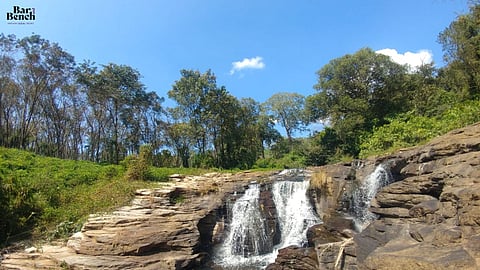
- News
- Columns
- Interviews
- Law Firms
- Apprentice Lawyer
- Legal Jobs
- हिंदी
- ಕನ್ನಡ

The Supreme Court on Wednesday held that the right to possess land in notified reserved forests is not limited to Adivasis, notified forest-dwellers or backward communities alone, and anyone with legitimate claims has such right [Hari Prasad Shukla and Ors. vs State of Uttar Pradesh and Anr.]